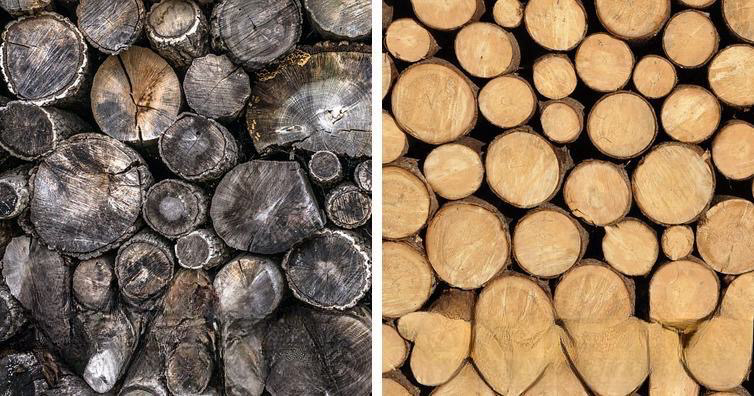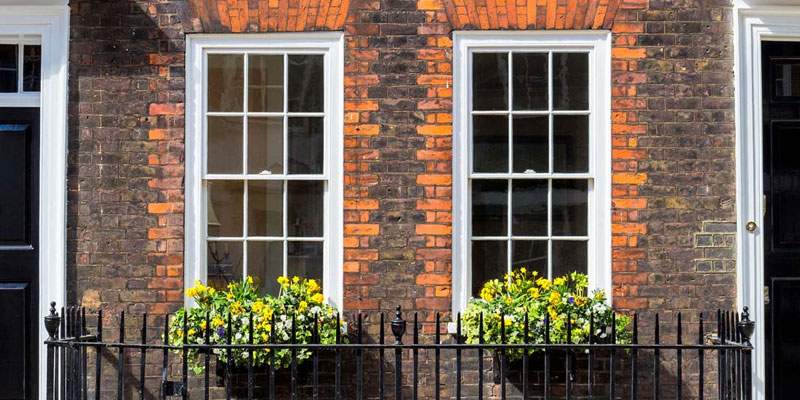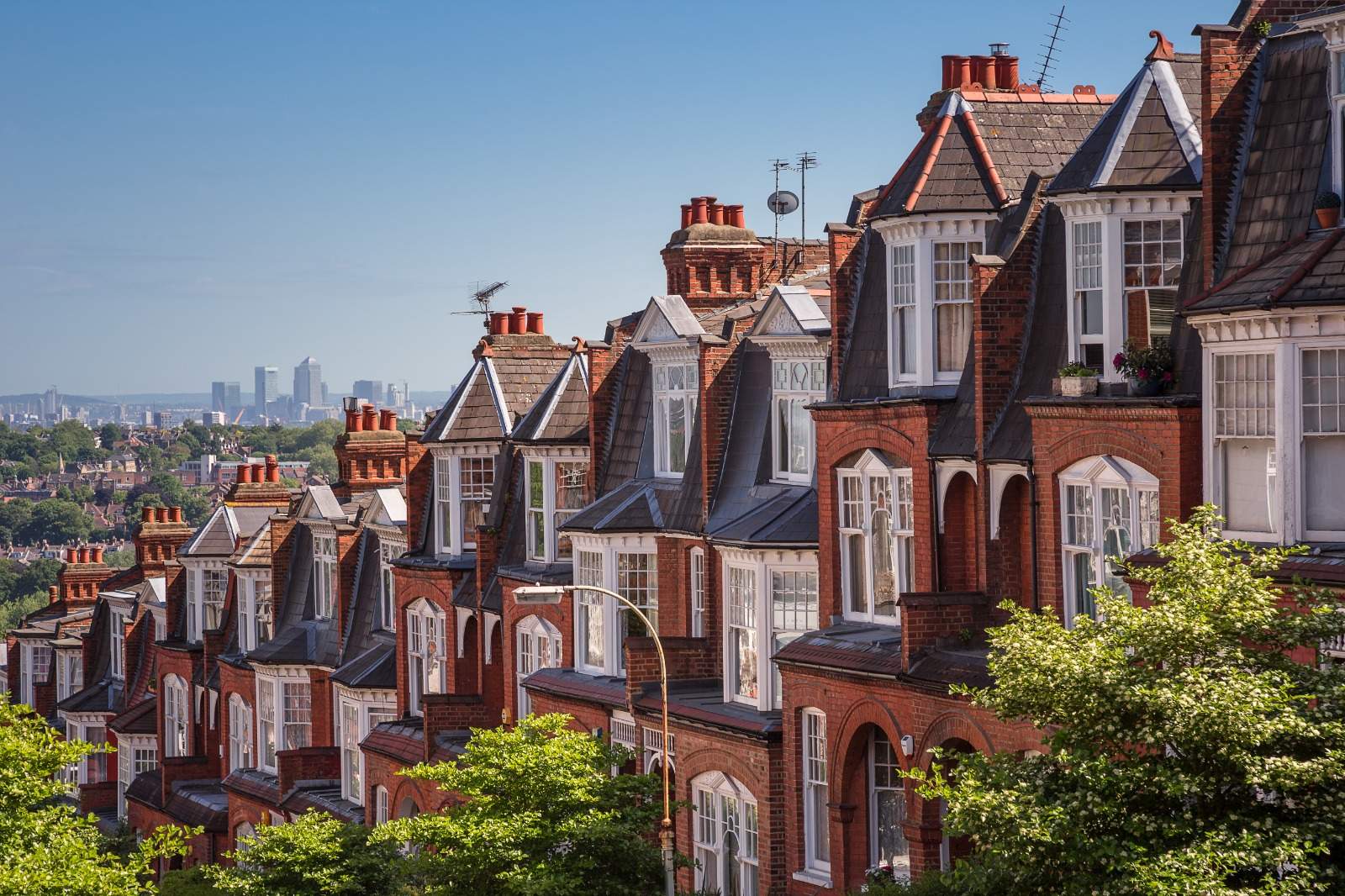Sash Vs Casement Windows
When it comes to period and listed properties, there are two main types of windows; Sash and casement. But what is the difference between a sash window and a casement window.
Sash windows
One of the biggest advantages of sash windows over casement windows is that because the windows slide up and down rather than opening outwards, they are more protected from the weather and tend to last longer. Sash windows became popular in the Georgian era and remained popular until the Edwardian era.
Sash windows tend to be far more suited to a traditional home design and can add a distinctive and elegant feel to any home.
Their flat designs are often more practical when next to space restricted areas in gardens and patios. Hanging internal blinds and shutters with casement ironmongery can often be a challenge, but with Sash windows this becomes a far easier task, with an end result of more ventilation with no compromises on privacy
Casement windows
Casement windows are hinged windows, usually side hung. They started to gain popularity in the Edwardian era, and became the window of choice in the 1920s and 1930s onwards.
Some of the very oldest windows still surviving today are casement windows. In Tudor times when glazed windows first started to emerge, casement style windows were made by fusing together a series of small panes of glass with lead.
Due to their sleek and unobtrusive look it has made them very popular in modern design. Casement windows are often more energy efficient than Sash windows because it fits tightly against the frame when closed
Casement windows can also be easier to open, however well maintained Sash windows are too.
So whether you decide on Sash or Casement call Landmark Windows today for a free quotation on 01992 761455
Planning Your Next Joinery Project?
When planning your next joinery project, the Landmark team will ensure we request the right type of information so that you can be confident you have the right product for your project.
Our considerable experience enables us to recommend the correct fixtures to create your perfect installation.
If your project is a protected building, listed or situated in a conservation area, so cannot have double glazed sash windows we can restore their old ones to their former glory or manufacture new single glazed sash windows to meet the requirements of these homes.
We work closely with Local Planning Authorities to ensure your new windows meet these planning standards.





Our Location:
The Hardwood Company
4 The Heights
Loughton
Essex
IG10 1RN
Contact Us:
Email: info@thehardwoodcompany.co.uk
Phone: 07983 892 726
Privacy and Complaints Policy
Covid-19 Full and Comprehensive Window Service
Powered by GURLER MAE